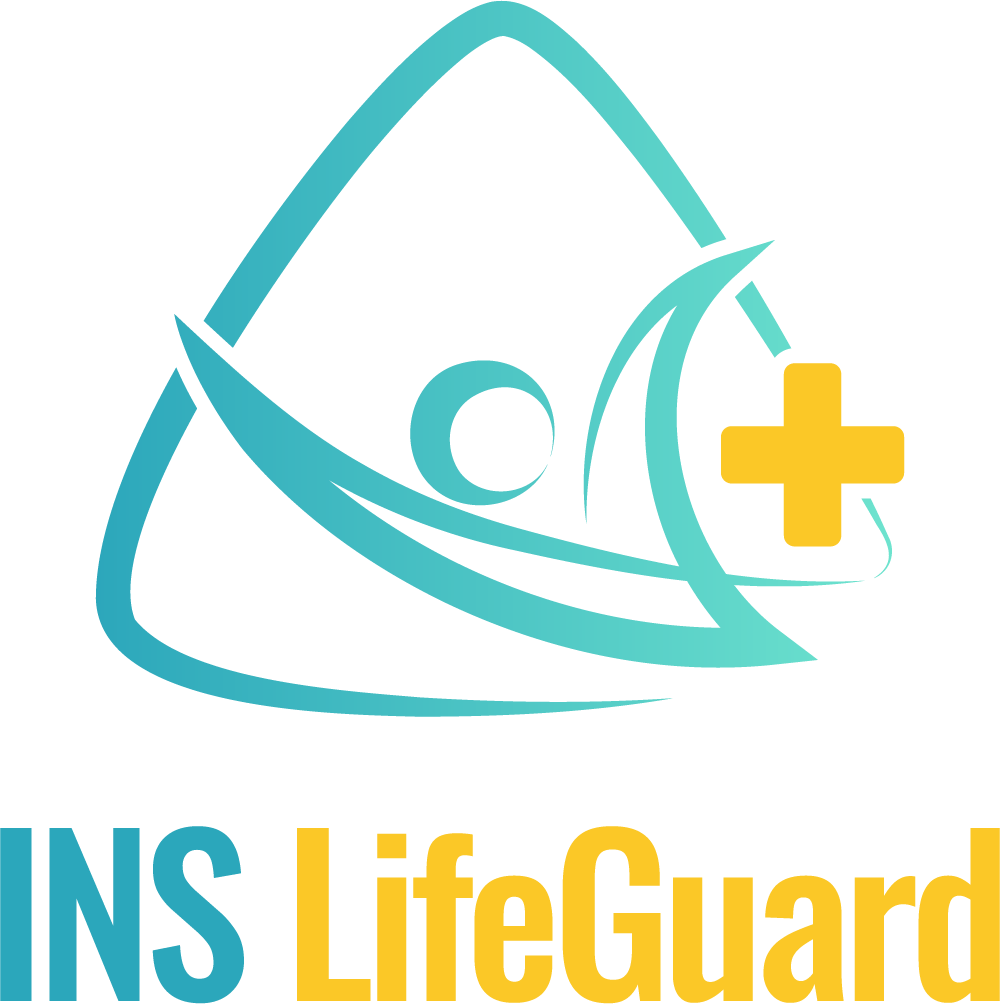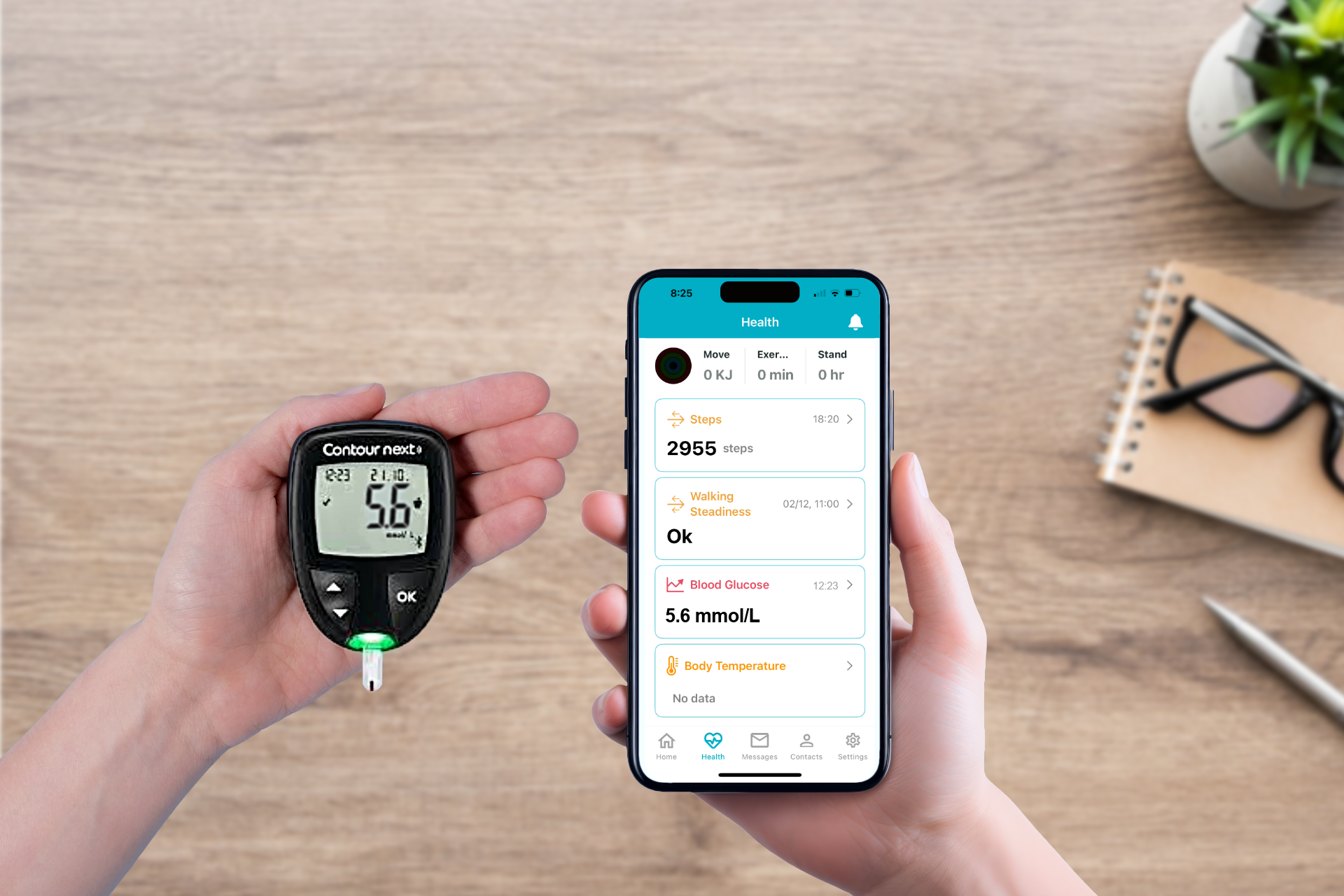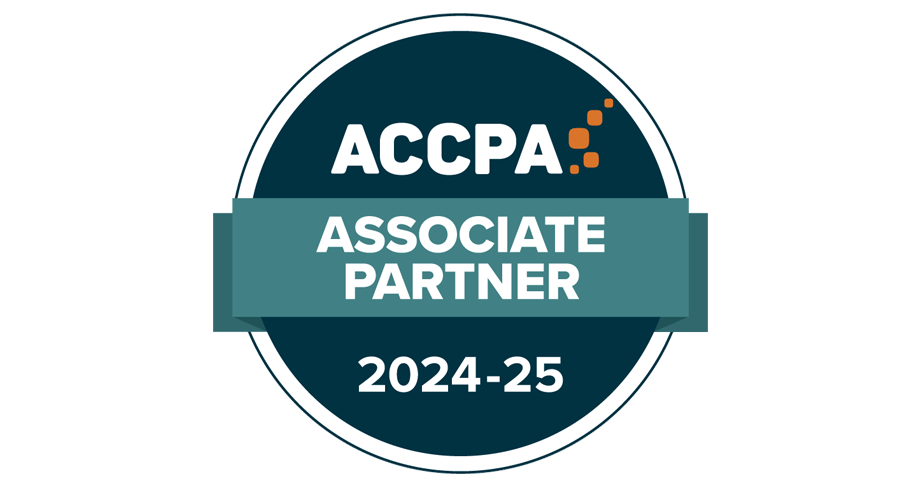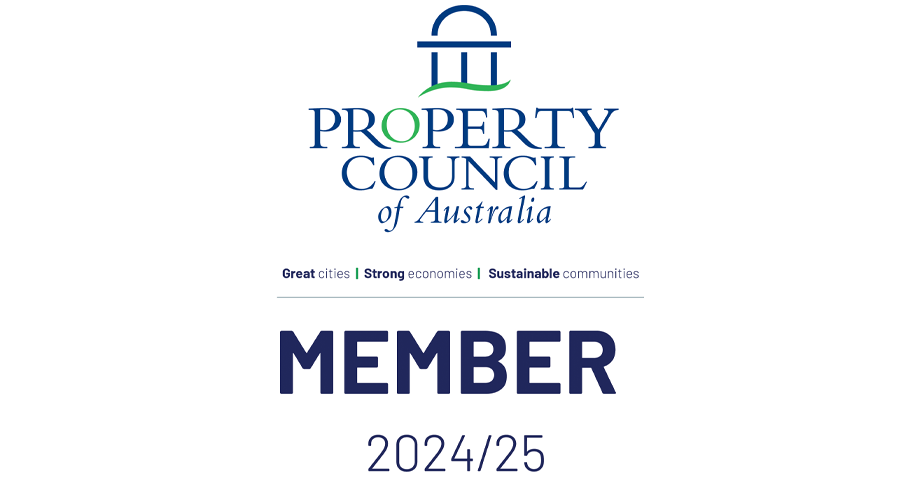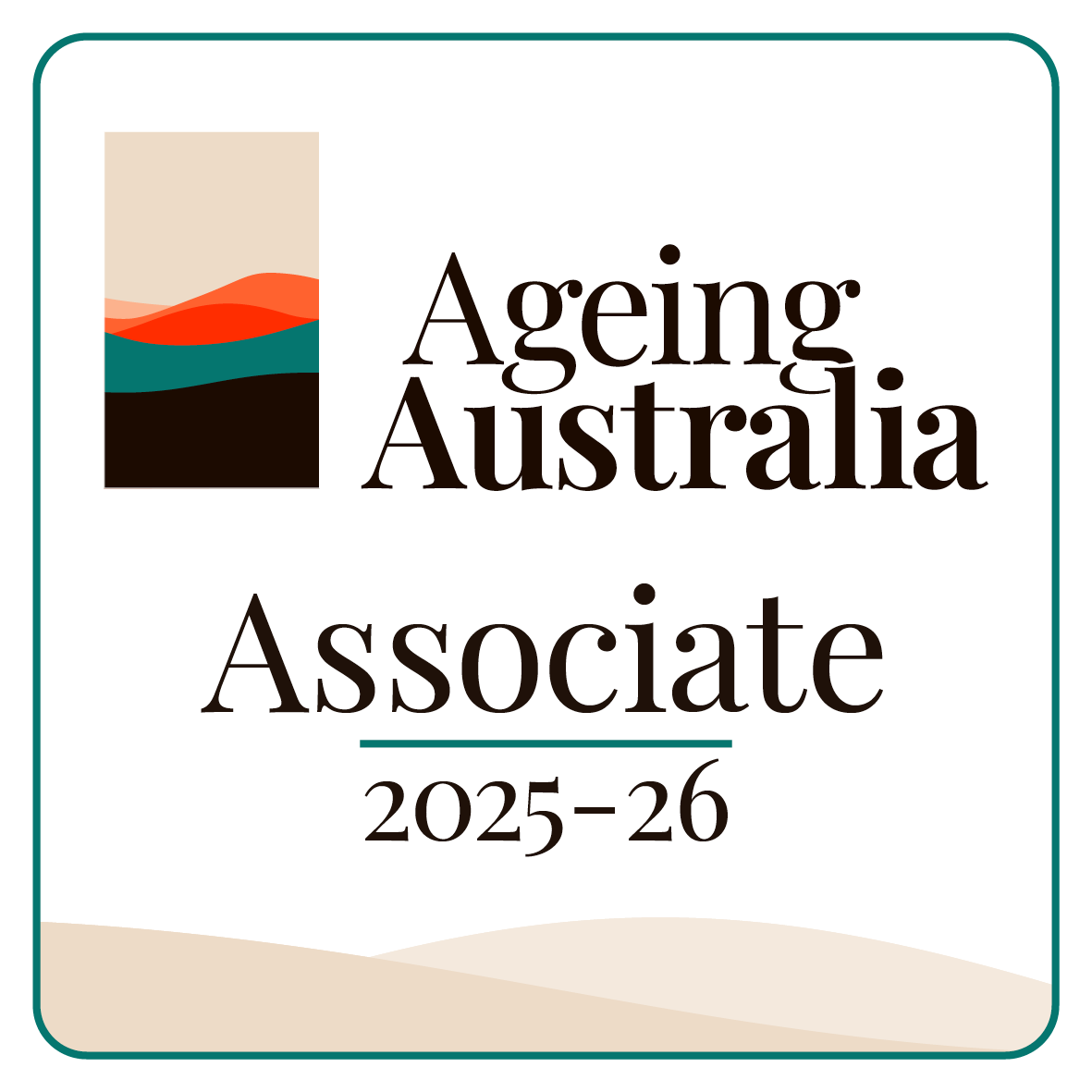Have a Question?
Heart Attack – Symptoms & Causes

A heart attack is a life-threatening condition in which the blood supply to part of the heart is stopped. It is commonly found in individuals over 40 years old, particularly those who are overweight, obese, or have high cholesterol levels. The disease is one of the leading causes of hospitalisation and death in Australia, with around 54,000 Australians suffering a heart attack every year.
Symptoms
Symptoms of a heart attack can vary from one person to another but usually develop suddenly without any warning signs. The most common symptoms include:
- Chest pain is often the first symptom of a heart attack. This can be described as pressure, tightness, squeezing or fullness in the centre of the chest that may spread from your chest to other parts of your upper body. Some people have no chest pain at all and just experience shortness of breath, nausea or dizziness instead.
- Shortness of breath is caused by a decreased blood flow to different areas of the lungs due to blockage in major blood vessels supplying oxygenated blood to the heart muscle. It’s usually noticed by feeling out-of-breath or struggling for air when going about usual activities.
- Nausea and light-headedness are often caused by lack of oxygen supply to the brain due to an obstructed blood flow through coronary arteries. It’s more likely to occur while exercising or when going from a lying or sitting position to standing up.
- Dizziness and cold sweats are the result of low blood flow to the brain due to insufficient oxygen supply from your heart.
- The pain associated with a heart attack can last for hours or even be constant, but it will usually go away after several days. If you experience this type of pain, seek immediate medical help! You may have had a minor heart attack that doesn’t require surgical treatment, but if you delay seeking help, the lack of sufficient blood flow to your heart muscle could lead to cardiac arrest and death within minutes. The pain that accompanies a heart attack is often described as an intense discomfort, which only last seconds but feels like it takes forever.
- A feeling of indigestion may be caused by your body’s way of protecting the heart. When the arteries are severely narrowed, blood flow to the stomach is reduced or blocked completely. Without enough blood supply, your stomach can’t produce digestive juices for breaking down food.
The heart attack symptoms listed above are not universal and some people may experience some other signs instead of chest pain while others have no clear warning signs at all before they collapse. If you’re experiencing any serious symptoms, seek emergency medical help immediately.
Causes
Heart attacks result when blood flow to the heart is interrupted due to a blockage in one of the coronary arteries. This blockage can often be attributed to clogged or hardened arteries caused by cholesterol build-up in the blood vessels which comprises atherosclerosis. Other common causes include smoking, physical inactivity, poor diet, and excessive alcohol consumption.
The major risk factors for developing cardiovascular disease include:
- Age (the older you are, the more likely you will have some sort of cardiovascular disease.)
- Family history (those who have relatives that suffered from heart attack or stroke before 50 years old are at higher risk.)/li>
- High blood pressure.
- Elevated LDL cholesterol levels (bad cholesterol.)
- Low HDL cholesterol levels (good cholesterol.)
- Obesity (overweight individuals tend to develop coronary artery disease three to five years earlier than those who are not overweight.)
Some other causes of heart attack include:
- Coronary spasms, where the blood vessels of the heart contract and close off. This can be caused by a number of factors including stress and hormone changes.
- Fatty deposits on the artery wall break loose and block an artery section. The sudden blockage causes major damage to the heart muscle that depends on that particular artery.
- Tachycardia-induced cardiomyopathy
- A ruptured plaque
- Thyroid disease
- Drug use
Provide 24/7 Healthcare to Those You Care For
If you care for someone with a medical condition that increases their risk of a heart attack, INS LifeGuard offers a range of products that can help you ensure their safety should anything happen to them. INS LifeGuard offers TeleHealth monitoring services to assist in monitoring the vital signs with two TeleHealth monitoring options.
Free TeleHealth Monitoring
The Free TeleHealth Monitoring is available when you acquire certain LifeGuard products such as LifeGuard SmartHome LGX, INS LifeGuardian® App, and SmartHome Mate. Vital signs can be recorded and measurements can be monitored by you, a family member, or carers.
Professional TeleHealth Monitoring
For a small monthly fee measurements taken using LifeGuard products are automatically sent to a registered nurse at INS LifeGuard for monitoring. If the readings are unusually high, the nurse will take the necessary action to ensure the patients safety and wellbeing.
Takeaway
Heart attacks are very dangerous. They are the type of medical emergency that requires immediate professional attention. The best way to prevent heart attack is by living a healthy lifestyle with proper diet and regular exercise. Be aware of what you eat, get plenty of rest, drink lots of water, avoid smoking or excessive drinking – all these things will help you reduce the risk of heart attacks. However, if you or someone you care for already has an existing medical condition that increases your risk of suffering a heart attack, INS LifeGuard’s TeleHealth Monitoring Options can help to ensure you receive the attention you receive.
Call 1800 636 040 to find out more about our products and healthcare services or visit our website here.

About
INS LifeGuard is the only 24/7 nurse on-call personal and medical monitoring in Australia. We provide monitoring technology for both in the home and on the go and can also monitor other provider's equipment. Our services are suitable for anyone wanting support to stay independent such as the elderly, those with medical conditions and disabilities plus enhancing safety and security for lone workers.
